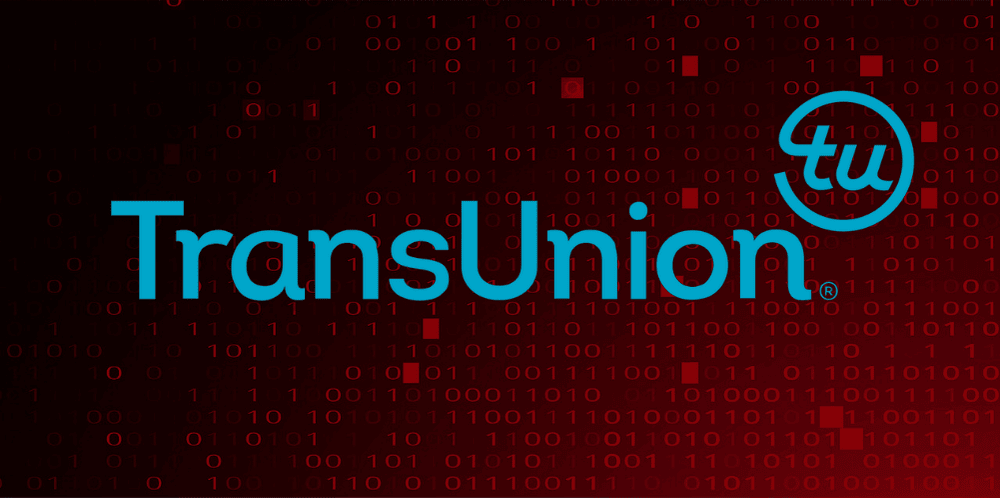
A cyberattack on TransUnion, one of the three major credit reporting agencies in the United States, has resulted in the exposure of sensitive personal data belonging to more than 4.4 million individuals.
The breach, which occurred on July 28, 2025, was discovered two days later, prompting the company to notify affected individuals beginning August 26.
The breach was officially disclosed to regulators via a filing with the Maine Attorney General’s Office. According to the filing, the compromised data includes names and other personal identifiers combined with unspecified sensitive information, a classification typically indicative of Social Security numbers, government IDs, or financial account details.
TransUnion, headquartered in Chicago, IL, is a consumer credit reporting giant maintaining credit histories for hundreds of millions of individuals and businesses worldwide. The firm’s services are widely used by lenders, landlords, and employers to evaluate creditworthiness and identity. Its central role in the financial ecosystem makes it a high-value target for cybercriminals, and this latest breach underscores the risks of aggregating such vast quantities of sensitive data.
Although the exact attack vector remains undisclosed, the notification letter sent to affected individuals suggests the breach was the result of unauthorized access by an external threat actor. There is no indication of malware deployment or ransomware demands, and the company has not publicly identified the attackers. Still, the nature of the stolen data raises concerns about the long-term risk of identity theft and fraud.
To mitigate potential harm, TransUnion is offering victims two years of free credit monitoring and identity theft protection through its own myTrueIdentity service. The service includes daily credit report monitoring, fraud alerts, and up to $1 million in identity theft insurance.
Impacted individuals are urged to enroll in the free credit monitoring service, monitor all bank and credit card accounts for suspicious activity, and place a fraud alert or credit freeze with major credit bureaus if fraud is suspected. If signs of identity theft are detected, it is recommended to report them to the Federal Trade Commission at IdentityTheft.gov.







Leave a Reply